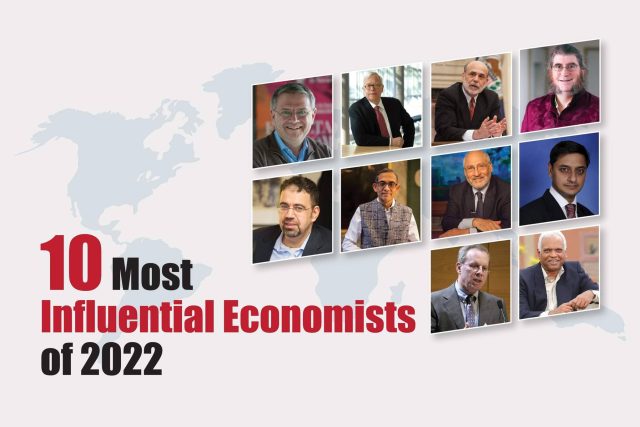The economy has a considerable impact on the quality of our lives. Early in the 1900s, when the traditional gold standard was in place, the globe was likely experiencing its greatest significant period of economic growth. However, much of the stability of the preceding age collapsed immediately when the whole world was destroyed by the Great War and World War II.
Since that time, the whole economic system has undergone a progressive transformation. Many renowned economists have contributed significantly to changing the rules of the economic game for the better and bringing the global economy to a stable state. Here are the ten influential economists who had a significant social influence.
Please Note: The InCAP offers this list of 10 Most Influential Economists of 2022. It’s an analysis of the International Corporate Association of Professionals (InCAP), so there is no opportunity for debate centering on this ranking.
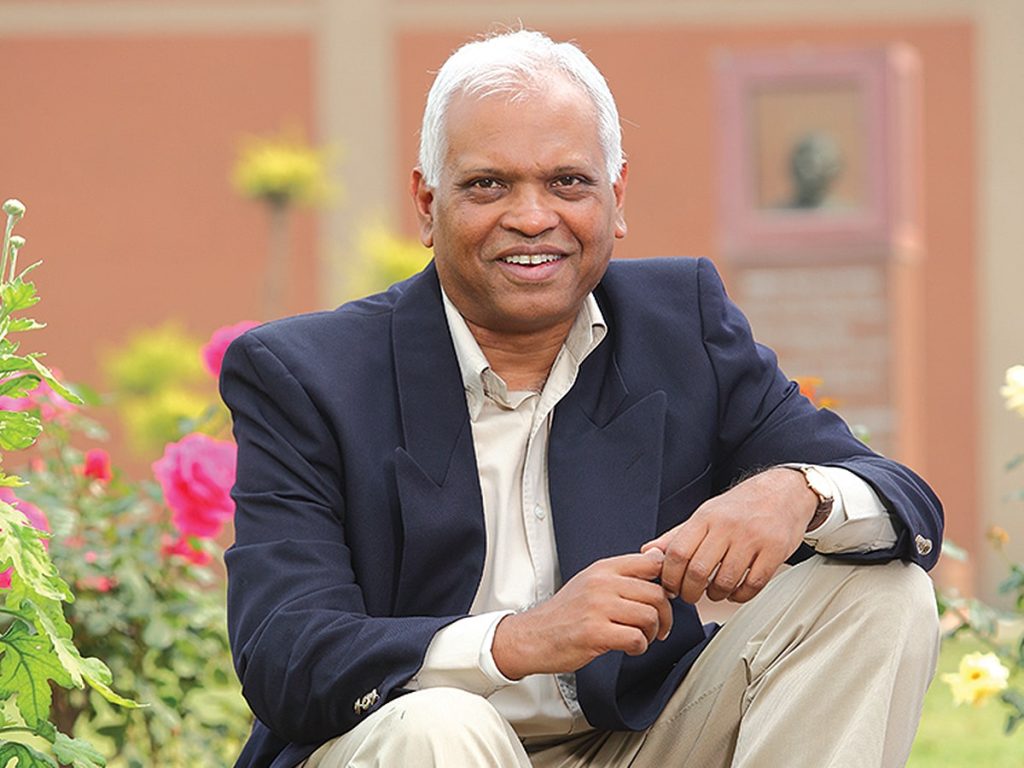
Born: January 3, 1959, | age 63 years | Bombay, India
Areas of Specialization: Game Theory, Social Choice Theory, Mechanism Design, Auctions.
Contributions: Implementation theory, Strategic voting theory.
Awards: Mahalanobis Memorial Medal, TWAS-Siwei Cheng Prize.
Mr. Arunava is a professor of economics at the Indian Statistical Institute. Prior to that, he joined the Delhi center of the Indian Statistical Institute immediately after his Ph.D. in 1987 and has been with the Institute since then. He gets popular for his contribution to the implementation theory and mechanism design.
These subfields of game theory are concerned with designing mechanisms or institutions that produce socially desirable outcomes in equilibrium. His recent works are Incentive-Compatible Voting Rules with Positively Correlated Beliefs & The Shapley Value as the Maximizer of Expected Nash Welfare.
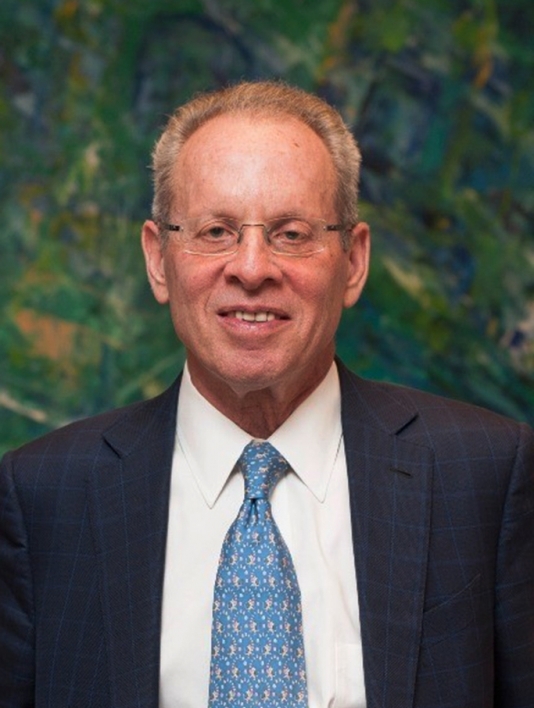
Born: September 28, 1944, |age 78 years | New York, United States
Areas of Specialization: Macroeconomics
Contributions: Ricardian equivalence hypothesis, Economic growth, Time consistency.
Awards: Guggenheim Fellowship for Social Sciences, US & Canada.
Mr. Barro is considered one of the Founders of new classical macroeconomics. He is currently a senior fellow at Stanford University’s Hoover Institution and Co-editor of the influential Quarterly Journal of Economics. His work has been central to many economic and public policy debates of the last 30 years, including business cycle theory, growth theory, the neoclassical synthesis, and public policy.
The Research Papers in Economics project ranked him as the fifth most influential economist in the world, as of March 2016, based on his academic contributions. However, he has been an outspoken opponent of stimulus spending, calling Obama’s stimulus bill “garbage” and “the worst bill since the 1930s.
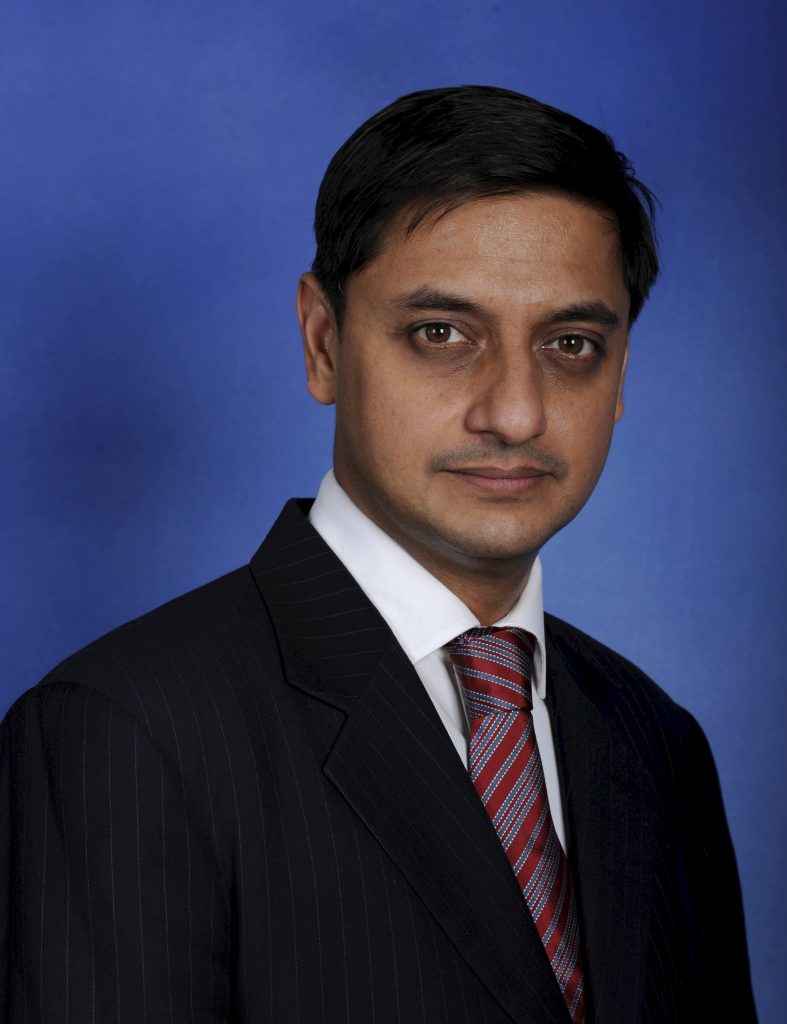
Born: August 27, 1970, | age 52 years | Kolkata, India
Areas of Specialization: Environment, Urban theory, Economics of cities.
Contributions: Literature, Ocean of Churn, The Indian Renaissance.
Awards: Young Global Leader, Eisenhower Fellowship.
Mr. Sanjeev Sanyal is an internationally acclaimed economist, bestselling writer, environmentalist, and urban theorist. He is regarded as one of Asia’s leading economists and was Deutsche Bank’s Global Strategist and Managing Director until 2015. He is a member of the Economic Advisory Council to the Prime Minister of India and has helped prepare six editions of the Economic Survey of India starting in 2017.
His works included Land of the Seven Rivers, The Incredible History of India’s Geography, The Ocean of Churn, India in the Age of Ideas and others. In addition, heis an occasional columnist for the Hindustan Times, Project Syndicate, The Economic Times, Live Mint, Business Standard, and several other publications.
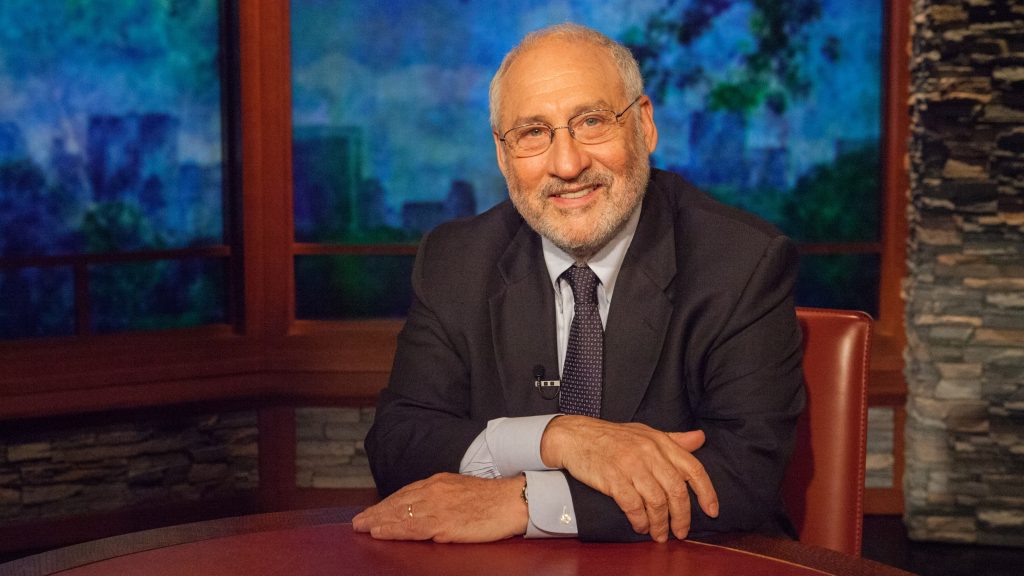
Born: February 9, 1943, | age 78 years| Gary, Indiana, United States.
Areas of Specialization: Macroeconomics, Public economics, Information economics.
Contributions: Unemployment, Market failure, Information asymmetry, Economic inequality.
Awards: Nobel Memorial Prize, Golden Plate Award, Gerald Loeb Awards.
Joseph Eugene Stiglitz is an American New Keynesian Economist, a Public Policy Analyst, and a full Professor at Columbia University. He is a former Senior Vice President and Chief Economist of the World Bank.
Along with his technical economic publications (over 300 technical articles), Mr. Stiglitz is the Author of books on issues from patent law to abuses in international trade. Some of his works are Whither Socialism?, Globalization and Its Discontents, Freefall, Measuring What Counts; The Global Movement for Well-Being, and others. In 2011, he was named by Foreign Policy magazine on its list of top global thinkers.
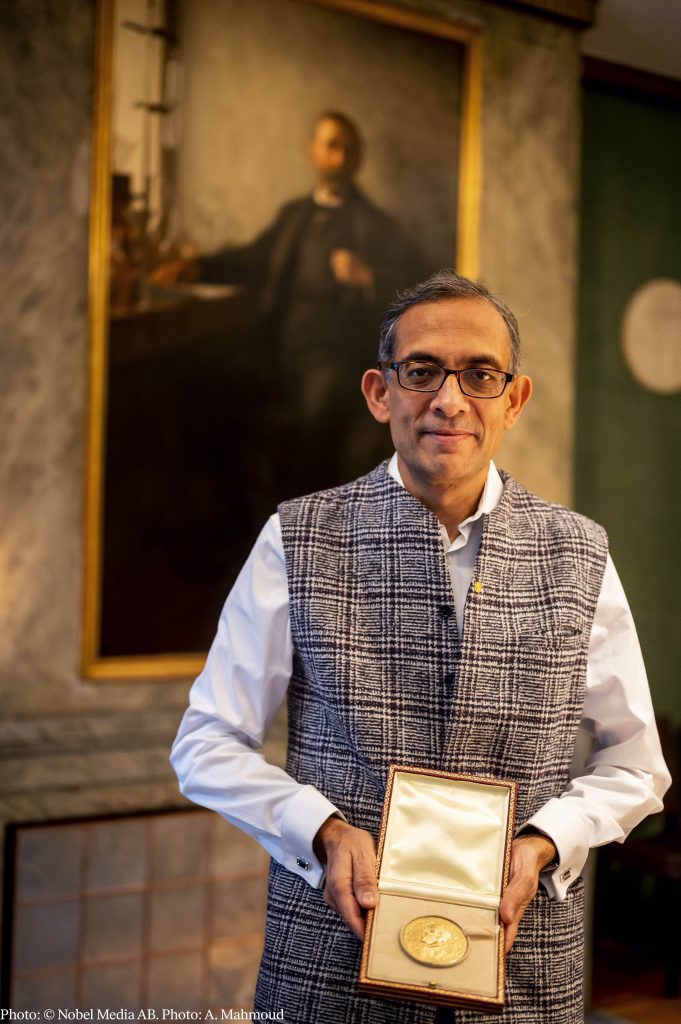
Born: February 21, 1961, | age 60 years | Mumbai, India.
Areas of Specialization: Microcredit, Poverty, Development Economics, Political Economy.
Contributions: Alleviating global poverty, Economic development, Poor learning, Adoption of new technologies, Effectiveness of microcredit.
Awards: Golden Plate Award, Nobel Memorial Prize, Financial Times.
Mr. Abhijit is an Indian-born naturalized American Economist, currently the Ford Foundation International Professor of Economics at Massachusetts Institute of Technology. He founded Abdul Latif Jameel Poverty Action Lab, a global research center working to reduce poverty by ensuring that policy is informed by scientific evidence.
His publications include Volatility And Growth, Understanding Poverty, Poor Economics: A Radical Rethinking of the Way to Fight Global Poverty, etc. However, His book, Good Economics for Hard Times: Better Answers to Our Biggest Problems, provides a grounded approach to tackling today’s most pressing global problems, focusing on alleviating inequality and poverty.
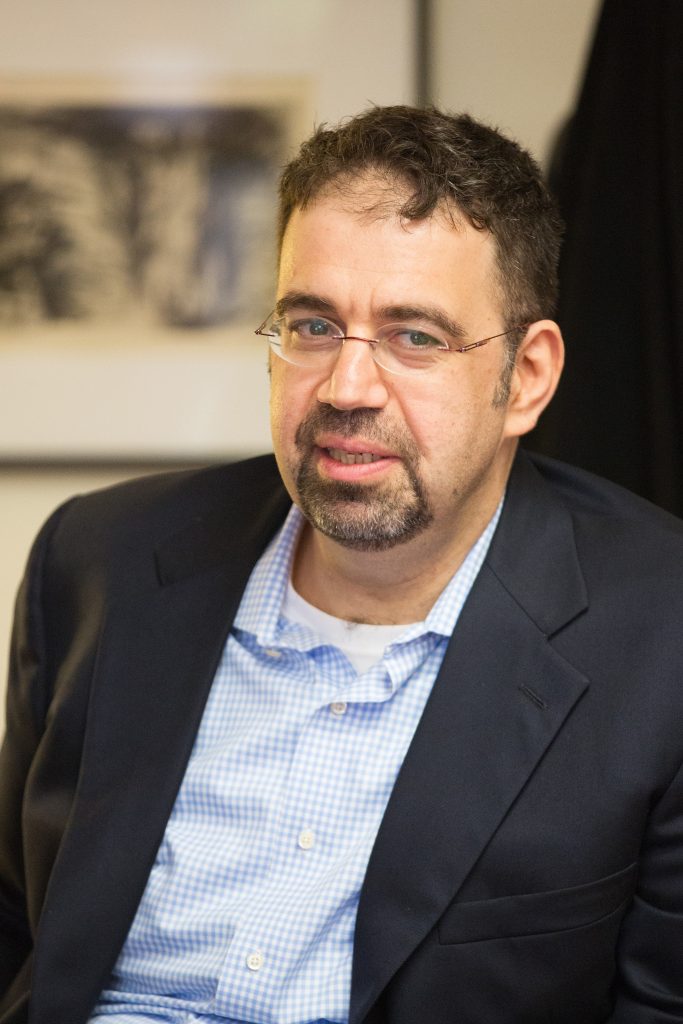
Born: September 3, 1967, | age 55 years | İstanbul, Turkey.
Areas of Specialization: Macroeconomics, Political Economy, Labor Economics.
Contributions: Progressive Era, Market Economy, Public services, social safety nets, Equality of opportunity.
Awards: John Bates Clark Medal, Erwin Plein Nemmers Prize, John von Neumann Award.
Mr. Acemoğlu is a Turkish-born American Economist who has taught at the Massachusetts Institute of Technology since 1993. He is currently the Elizabeth and James Killian Professor of Economics at MIT. He was named Institute Professor in 2019. However, he is widely considered a prospective Nobel laureate in Economics.
He is a fellow of the United States National Academy of Sciences, American Academy of Arts and Sciences, Econometric Society, European Economic Association, and other learned societies. Also, he is a Research Associate at the National Bureau of Economic Research and a Senior Fellow at the Canadian Institute for Advanced Research. He was the Editor of Econometrica, an academic journal published by the Econometric Society, from 2011 to 2015.

Born: May 22, 1955, | age 67 years | Dayton, Ohio
Areas of Specialization: Finance, Banking, Economic Theory.
Contributions: Nonnegative Wealth, Absence of Arbitrage, Feasible Consumption Plans, Banks and Financial crises.
Awards: Nobel Memorial Prize.
Mr. Dybvig is the Boatmen’s Bancshares Professor of Banking and Finance at the Olin Business School of Washington University in St. Louis. He specializes in asset pricing, Banking, Investments, and Corporate Governance. He was formerly a Professor at Yale University and Assistant Professor at Princeton University.
Also, he was President of the Western Finance Association from 2002 to 2003 and was Director of the Institute of Financial Studies at Southwest University of Finance and Economics from 2010 to 2021. He has been the Editor of multiple journals, including the Review of Financial Studies, Journal of Economic Theory, Finance and Stochastics, Journal of Finance, Journal of Financial Intermediation, Journal of Financial and Quantitative Analysis, and Review of Financial Studies.
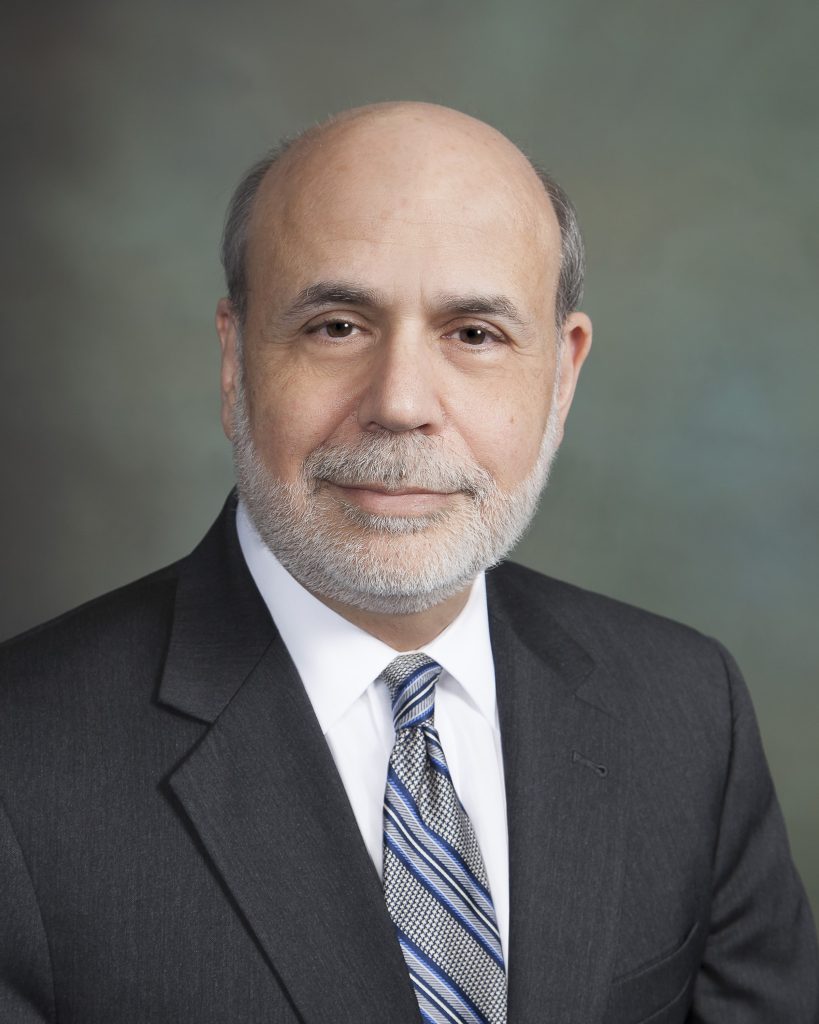
Born: December 13, 1953, | age 68 years | Augusta, Georgia, United States.
Areas of Specialization: Macroeconomics
Contributions: Banks and Financial crises.
Awards: Nobel Memorial Prize.
Mr. Bernanke served as the 14th chairman of the Federal Reserve from 2006 to 2014. After leaving the Fed, he was appointed a distinguished fellow at the Brookings Institution. Mr. Bernanke served as Chairman of President George W. Bush’s Council of Economic Advisers before President Bush nominated him to succeed Alan Greenspan as Chairman of the United States Federal Reserve.
Also, he was confirmed for a second term as Chairman on January 28, 2010, after being re-nominated by President Barack Obama, who later referred to him as “the epitome of calm.” In his book, The Courage to Act, he wrote about his time as Chairman of the Federal Reserve, in which he revealed that the world’s economy collapsed in 2007 and 2008.
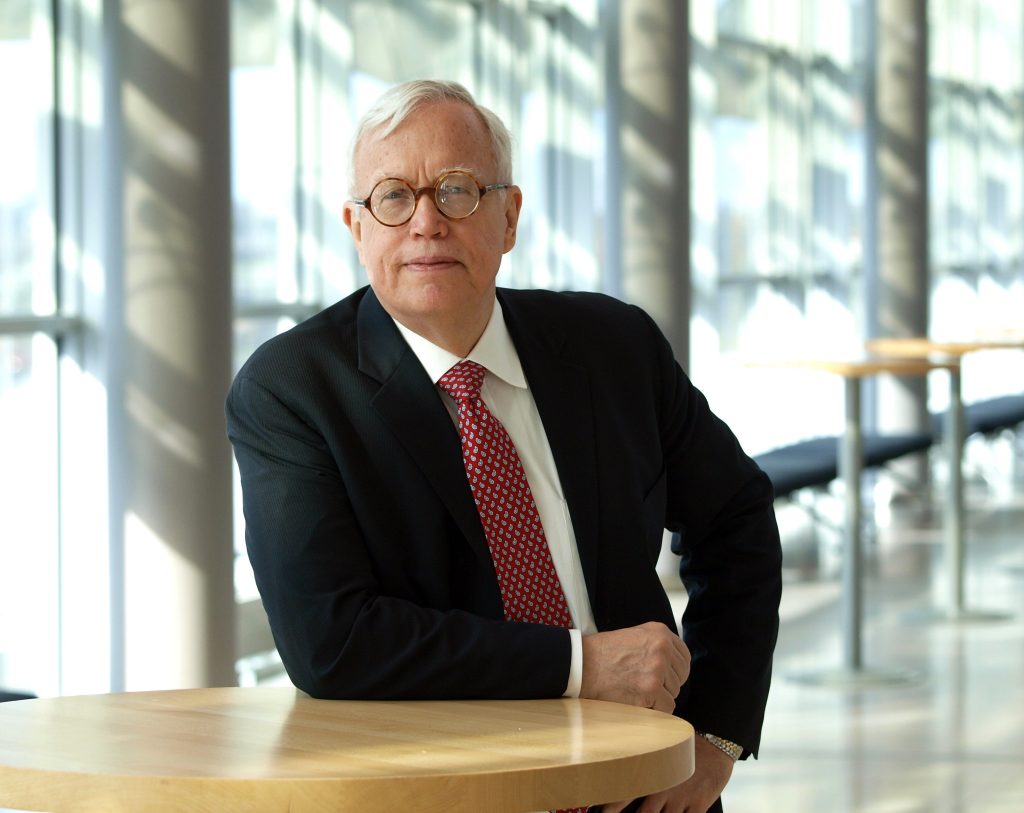
Born: April 19, 1944, | age 78 years |, Chicago, Illinois, United States
Areas of Specialization: Microeconomics.
Contributions: Heckman correction.
Awards: Nobel Memorial Prize, John Bates Clark Medal.
Mr. Heckman has devoted his professional life to understanding the origins of major social and economic problems related to inequality, social mobility, discrimination, skill formation, and regulation and to devising and evaluating alternative strategies for addressing those problems. His work is rooted in economics, but he actively collaborates across disciplines to get to the heart of major problems.
For example, his recent interdisciplinary research on human development and skill formation over the life cycle draws on economics, psychology, genetics, epidemiology, and neuroscience to examine the origins of inequality, the determinants of social mobility, and the links among stages of the life cycle, starting in the womb. He has published over 350 articles and 9 books.

Born: February 20, 1961, | age 60 years | Moscow, Russia.
Areas of Specialization: Behavioral finance, Law and economics, Development economics.
Contribution: Legal origins theory, Big push model.
Award: John Bates Clark Medal.
Mr. Shleifer is a Professor of Economics at Harvard University. He holds an undergraduate degree from Harvard and a Ph.D. from MIT. Before coming to Harvard in 1991, he taught at Princeton and the Chicago Business School. However, he has published seven books, including The Grabbing Hand, Inefficient Markets, A Crisis of Beliefs, and over a hundred articles.
In addition, Mr. Shleifer is an Editor of the Quarterly Journal of Economics, and a fellow of the Econometric Society, the American Academy of Arts and Sciences, and the American Finance Association. According to RePEc, Mr. Shleifer is the most cited Economist in the world. He makes history in scholarly publishing and applied investing and consultancy.



